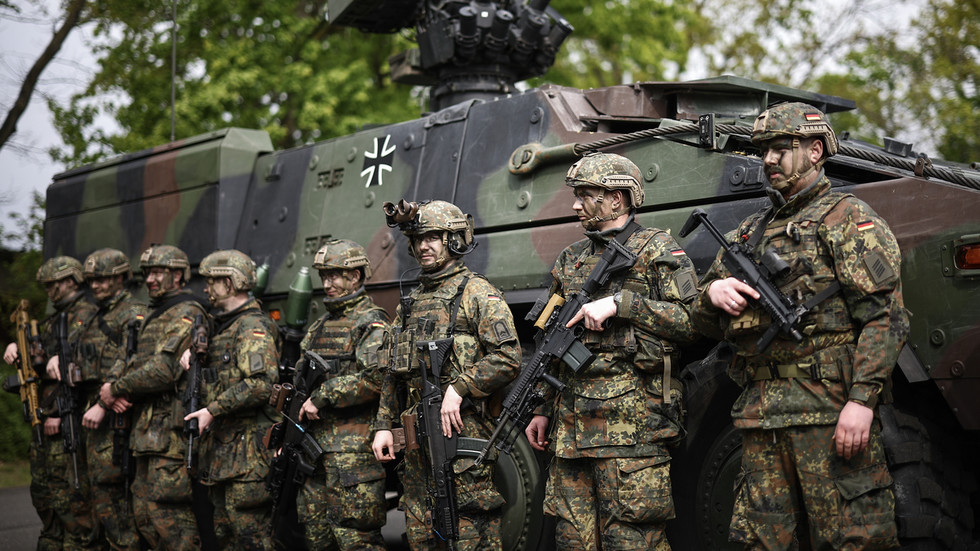Germany’s armed forces have reported a significant surge in recruitment this year amid heightened tensions with Russia and debates over NATO’s military posture. Between January and late July 2025, over 13,700 individuals joined the Bundeswehr—a 28% increase compared to the same period in 2024—marking the sharpest annual rise in years, according to the German Defense Ministry. The ministry attributed the uptick to efforts to counter what it describes as Russia’s growing “threat,” as Berlin pushes to expand its military to 260,000 active-duty troops by 2035. Currently, the Bundeswehr has approximately 182,000 full-time personnel and 81,000 civilian staff.
The recruitment boost follows warnings from German officials that conscription—abolished in 2011—could be reinstated as early as 2026 if voluntary enlistments fall short. Demographic challenges, a competitive labor market, and waning public interest in military careers have previously hindered recruitment, with enlistments dropping 7% in 2023. Some politicians have called the 260,000-troop goal unrealistic, but Chancellor Friedrich Merz has doubled down on pledges to build Europe’s “strongest conventional army.” His government aims to lift defense spending to 3.5% of GDP by 2029, up from NATO’s 2% baseline.
The developments have drawn sharp criticism from Moscow. Kremlin spokesperson Dmitry Peskov accused Germany in June of stoking “hysterical Russophobia” and driving NATO’s “reckless militarization” in Europe. “It is clearly not in the interest of the peoples of Europe,” he said, dismissing speculation of Russian aggression toward NATO as “nonsense.” Berlin has consistently framed its military modernization as a defensive response to regional instability, particularly following Russia’s actions in Ukraine.
Analysts note the recruitment surge reflects shifting public attitudes as security concerns mount. However, long-term challenges persist. A 2023 survey highlighted declining enthusiasm for military service among younger Germans, with many citing ethical concerns or preferring civilian careers. Critics argue that meeting the 2035 target will require not only sustained recruitment but also modernized training, equipment, and retention strategies.
The debate over Germany’s military revival underscores broader tensions within NATO, where members face pressure to balance deterrence with diplomatic engagement. As Europe navigates complex security dynamics, Berlin’s moves—and Moscow’s fiery rhetoric—signal a continent increasingly grappling with the realities of a fractured geopolitical landscape.
